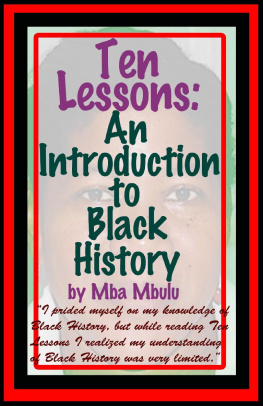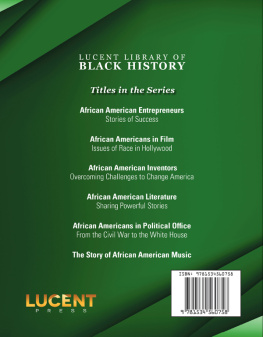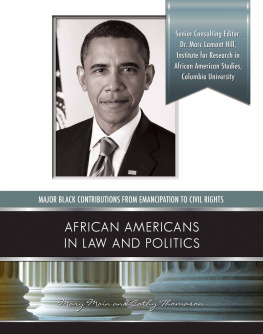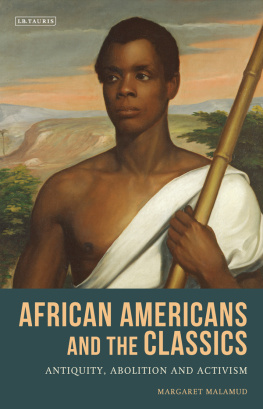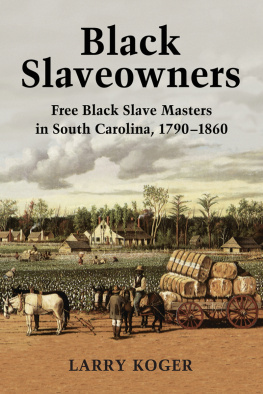Theresa A. Hammond - A White-Collar Profession: African American Certified Public Accountants since 1921
Here you can read online Theresa A. Hammond - A White-Collar Profession: African American Certified Public Accountants since 1921 full text of the book (entire story) in english for free. Download pdf and epub, get meaning, cover and reviews about this ebook. year: 2002, publisher: The University of North Carolina Press, genre: Politics. Description of the work, (preface) as well as reviews are available. Best literature library LitArk.com created for fans of good reading and offers a wide selection of genres:
Romance novel
Science fiction
Adventure
Detective
Science
History
Home and family
Prose
Art
Politics
Computer
Non-fiction
Religion
Business
Children
Humor
Choose a favorite category and find really read worthwhile books. Enjoy immersion in the world of imagination, feel the emotions of the characters or learn something new for yourself, make an fascinating discovery.

- Book:A White-Collar Profession: African American Certified Public Accountants since 1921
- Author:
- Publisher:The University of North Carolina Press
- Genre:
- Year:2002
- Rating:3 / 5
- Favourites:Add to favourites
- Your mark:
A White-Collar Profession: African American Certified Public Accountants since 1921: summary, description and annotation
We offer to read an annotation, description, summary or preface (depends on what the author of the book "A White-Collar Profession: African American Certified Public Accountants since 1921" wrote himself). If you haven't found the necessary information about the book — write in the comments, we will try to find it.
Drawing on interviews with pioneering black CPAs, among other sources, Hammond sets the stories of black CPAs against the backdrop of the rise of accountancy as a profession, the particular challenges that African Americans trying to enter the field faced, and the strategies that enabled some blacks to become CPAs. Prior to the 1960s, few white-owned accounting firms employed African Americans. Only through nationwide networks established by the first black CPAs did more African Americans gain the requisite professional experience. The civil rights era saw some progress in integrating the field, and black colleges responded by expanding their programs in business and accounting. In the 1980s, however, the backlash against affirmative action heralded the decline of African American participation in accountancy and paved the way for the astonishing lack of diversity that characterizes the field today.
Theresa A. Hammond: author's other books
Who wrote A White-Collar Profession: African American Certified Public Accountants since 1921? Find out the surname, the name of the author of the book and a list of all author's works by series.

